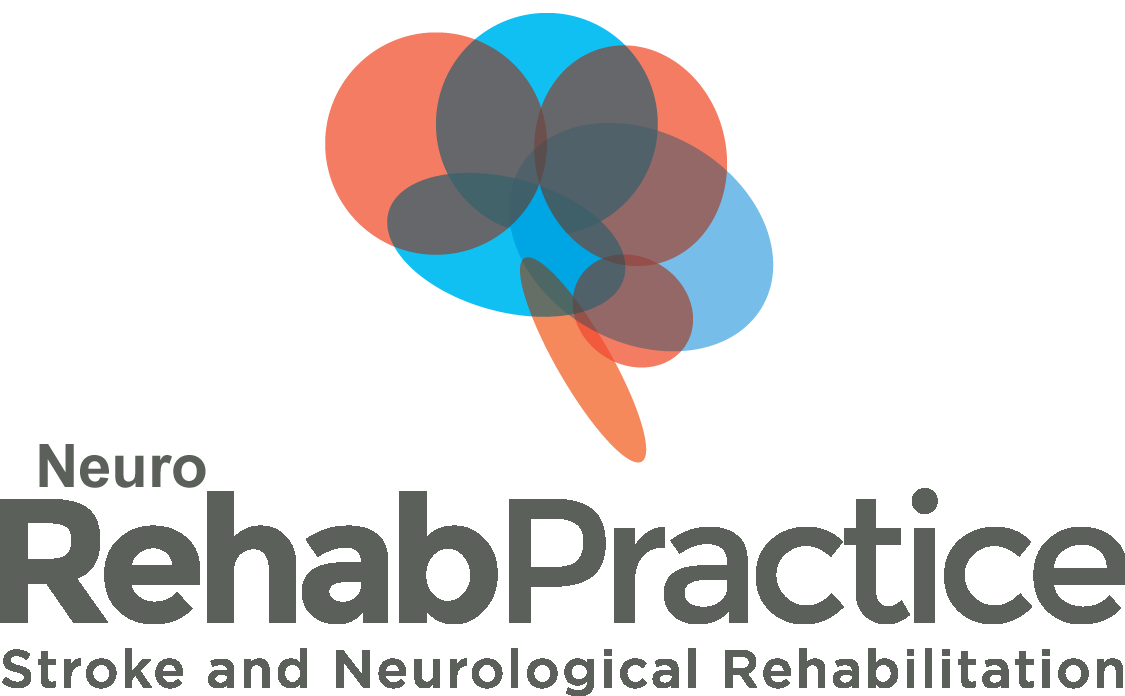The Rehab Practice Ltd Trading As:

Aquatic Therapy Service
Working via H2O physio to provide specialist Neuro Aquatic Therapy services at Teddington Hydrotherapy Pool
Neuro Aquatic Therapy Service


Teddington hydrotherapy pool
- Hoists for easy access to the pool
- Water temperature 34-35 degrees
- 9.5 x 5 metre deck level pool accessible to disabled users
- Neurophysiotherapy Aquatic Therapy

Aquatic therapy, also known as aquatic rehabilitation, is a form of physical therapy in a pool or aquatic environment.
It utilises the properties of water to provide therapeutic benefits for individuals with various conditions, including traumatic brain injury (TBI), stroke and other neurological diagnoses.
Aquatic therapy is believed to offer several advantages for individuals due to the unique properties of water. These properties include buoyancy, hydrostatic pressure, resistance, and warmth. Here are some potential benefits and evidence supporting aquatic therapy.
1. Buoyancy: Water's buoyancy reduces the effects of gravity, allowing for easier movement and increased mobility. This can be particularly beneficial for individuals with limited strength, balance, or coordination.
2. Hydrostatic Pressure: The hydrostatic pressure of water provides gentle compression, which can help decrease swelling and oedema. It may also enhance blood circulation and venous return, aiding in the recovery process.
3. Resistance: Water provides resistance to movement, which can help strengthen muscles, improve endurance, and promote motor control. This resistance can be adjusted based on the individual's needs and abilities.
4. Balance and Coordination: Aquatic therapy can assist in improving balance and coordination. The supportive nature of water can provide a safe environment for practicing and relearning movements.
5. Pain Management: Water's buoyancy and warmth can help alleviate pain and discomfort. The reduced stress on joints and the soothing effect of warm water can provide relief during therapy sessions.
6. Psychological Benefits: Engaging in aquatic therapy can have positive psychological effects, such as reducing anxiety, improving mood, and enhancing overall well-being. The calming properties of water can create a therapeutic and enjoyable experience for individuals.
The Evidence
The evidence for aquatic therapy for neurological rehabilitation suggest that aquatic therapy can lead to improvements in balance, strength, functional mobility, and quality of life for individuals with various neurological conditions, including TBI. However, it's important to note that the specific efficacy and outcomes may vary based on individual factors and the severity of the neurological impairments.



